A stinging double-dip recession (referred to simply as "la crisis" locally) in the Spanish market undermined value sales of pet care, with premium products particularly hard hit. However, sales declined by no more than 5 per cent in real terms between 2010 and 2013. This reflects the fact that pets are playing a more important role in the lives of their owners. This is partly due to Spain's extremely low fertility rate (just 1.3 children born per female in 2014). With the average age of women at first childbirth standing at 30 years in 2014, pets are playing the role of ersatz children in a growing number of Spanish households. Pet ownership rates have even risen slightly, with 26 per cent of Spanish households having a dog and 18 per cent a cat in 2015.
With clear signs of economic revival now evident, Spanish pet care sales expanded by 2 per cent in real terms during 2014 and are forecast by Euromonitor International to grow by a further 2 per cent this year. According to Eurostat, Spanish GDP growth accelerated to an annual rate of 3 per cent in the second quarter of 2015, while the country's official consumer confidence index hit a record high (the series dates back to 2004) in August.
Hard times affect buying patterns
Nonetheless, value for money remains a priority for many consumers. During 2015, Spain even got its first price-comparison website specifically for pet food (Krokprices.com). Private label has grown in importance, accounting for 29 per cent of pet food value sales in 2014, up from 21 per cent during 2007. A heightened sense of value consciousness has also affected distribution, with modern grocery retailers, particularly supermarkets and discounters, gaining share from pet shops and veterinary clinics.
Internet retailing is expanding rapidly, doubling its share of pet food sales between 2010 and 2015. While this reflects increased Internet use (76 per cent of the population were Internet users in 2014), it is also due in part to heightened price sensitivity. Malaga-based Internet retailer Tienda Animal ("tienda" means shop in Spanish) has been particularly notable in this regard, with sales of € 30 mio ($ 34 mio) during 2014, and it forecasts that this figure will double during 2015.
This retailer has also opened a small number of bricks-and-mortar stores in its native Andalusia and in Madrid and has ambitious growth plans. Pet superstores are a small, but growing presence in Spain, and the Spanish market could provide a fertile growth…

 Menü
Menü

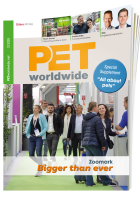



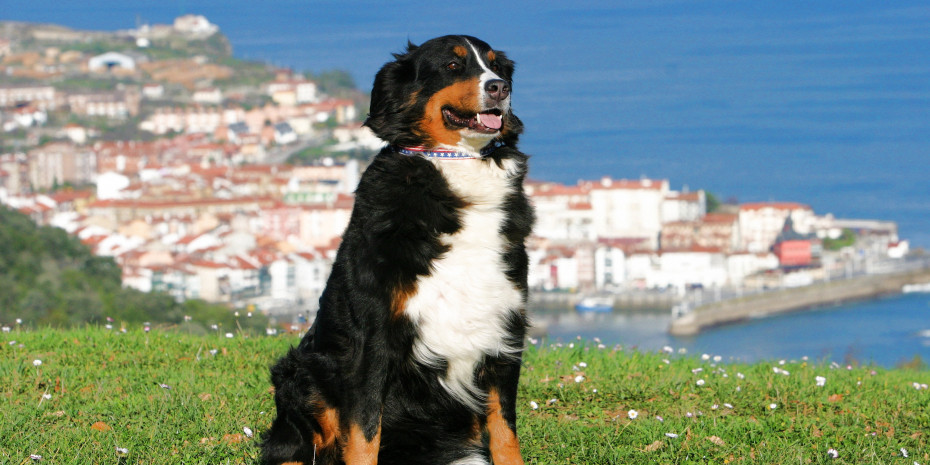

 1/2016
1/2016
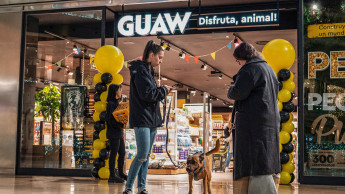

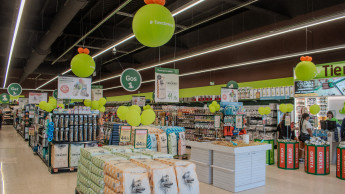
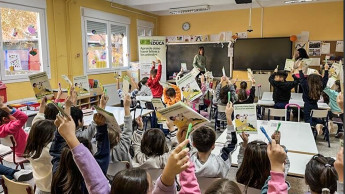
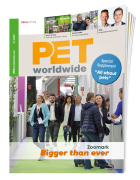
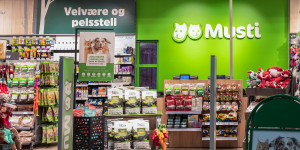

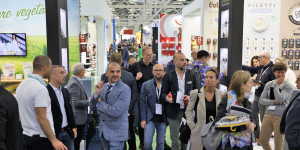

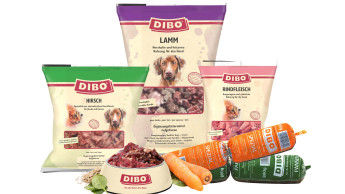

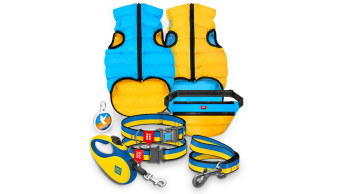
 Newsletter
Newsletter